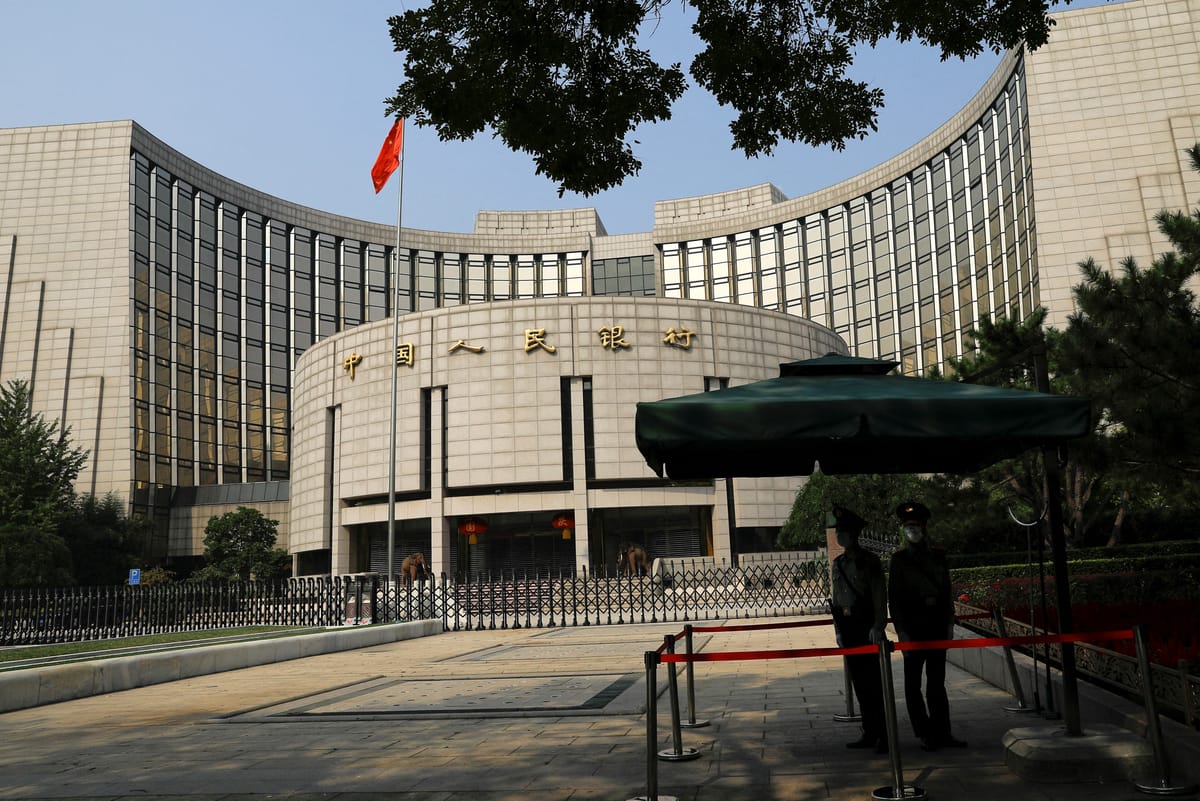China and Saudi Arabia just made a currency swap deal
China and Saudi Arabia just locked in a currency swap deal.

A few minutes every morning is all you need.
Stay up to date on the world's Headlines and Human Stories. It's fun, it's factual, it's fluff-free.
The backstory: Saudi Arabia and China have deep economic ties, with China heavily relying on Saudi crude – 18% of its oil imports, totaling US$65 billion, made up 83% of Saudi exports to China in 2022. Beyond oil, Saudi Arabia plays a key role in about 25% of China's trade with Arab nations, stretching into sectors like security and technology.
Now, what are currency swaps? These are arrangements between countries, letting them trade in their own currencies and sidestepping the need for US dollars. It simplifies transactions and also reduces currency risks. China has an extensive network of currency swap agreements with over 40 countries, including Middle Eastern power players like the UAE, Qatar and Egypt.
More recently: Last December, Chinese President Xi Jinping visited Saudi Arabia. The two nations inked 34 agreements spanning green energy, tech, transportation and more. In March, Saudi Aramco, a heavyweight in the oil sector, announced two major deals with Chinese firms. Basically, it will be pumping out 690,000 barrels of crude oil daily to Rongsheng Petrochemical and Zhejiang Petrochemical.
The development: China and Saudi Arabia just locked in a currency swap deal. This trade agreement involves yuan and riyal, totaling 50 billion yuan or roughly US$6.97 billion (26 billion riyal) over three years. This deal is a financial bridge between Riyadh and Beijing, set to boost financial cooperation, encourage the use of local currencies and streamline trade and investment between the two. It's got a three-year shelf life, but they can extend it if they both want to.
Key comments:
"China seems to be using swap lines in a very different way to the US," said Weitseng Chen, associate professor at the National University of Singapore. "(China) uses it as a credit line, so it's on a constant basis, instead of a one-time, one-off thing during a financial crisis."
“China is going to progress pragmatically with Saudi Arabia on revitalizing our respective civilizations. We will deepen cooperation on production capacity and basic infrastructure and in strengthening trade, investment and financial relations, in order to help diversify Saudi Arabia’s economic development,” said Hu Chunhua, vice-chairman of the Chinese People’s Political Consultative Conference (CPPCC) in June.
"From the perspective of both capital and new market, the Middle East, Saudi Arabia are really good new choices for Chinese companies and investors," said Henry Zhang, president of Hong Kong-based private equity firm Hermitage Capital.




Comments ()